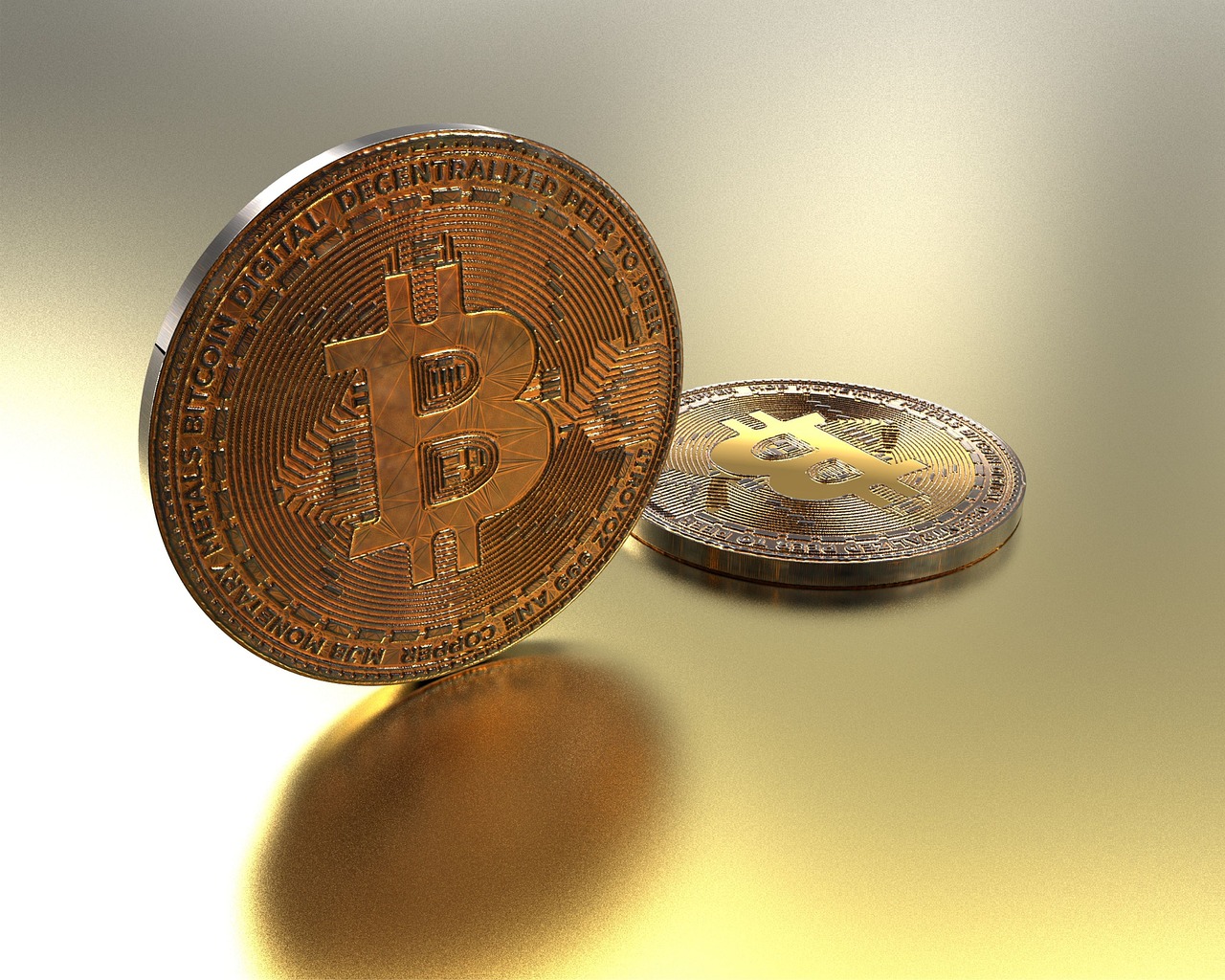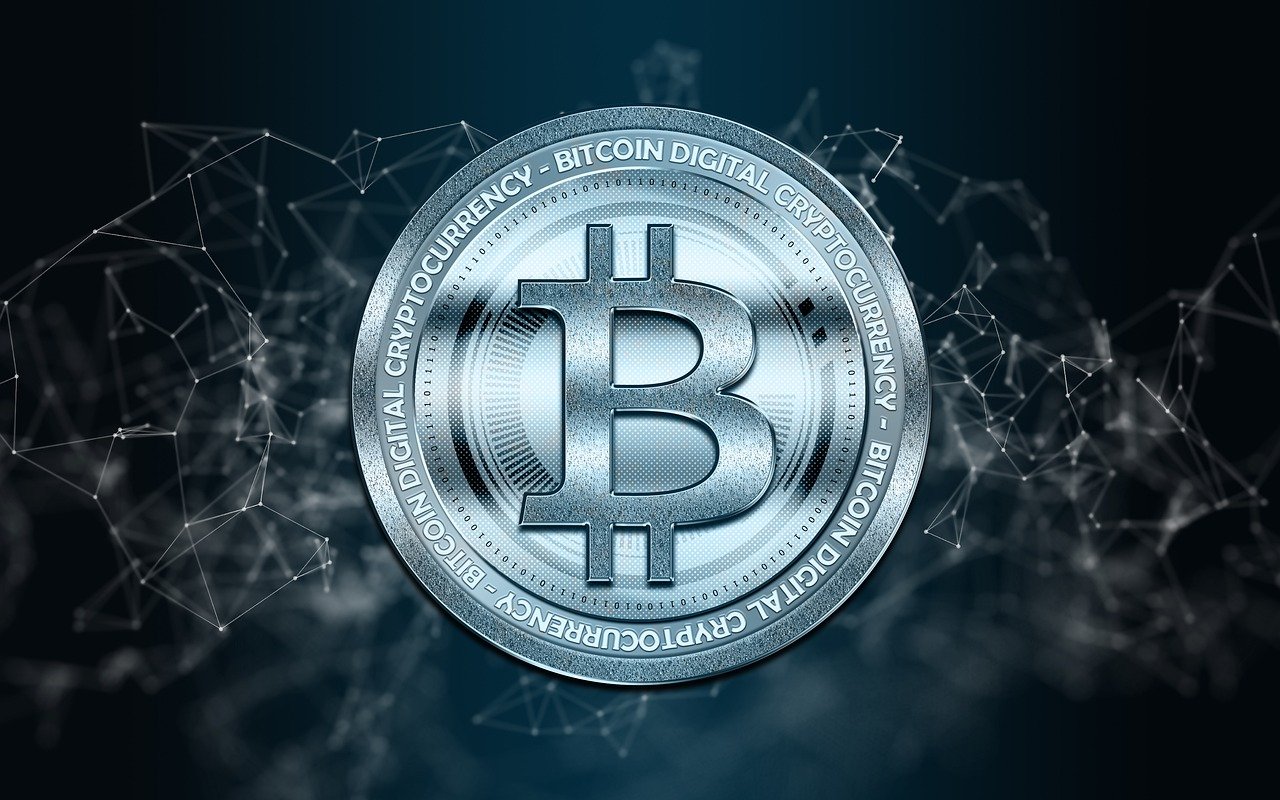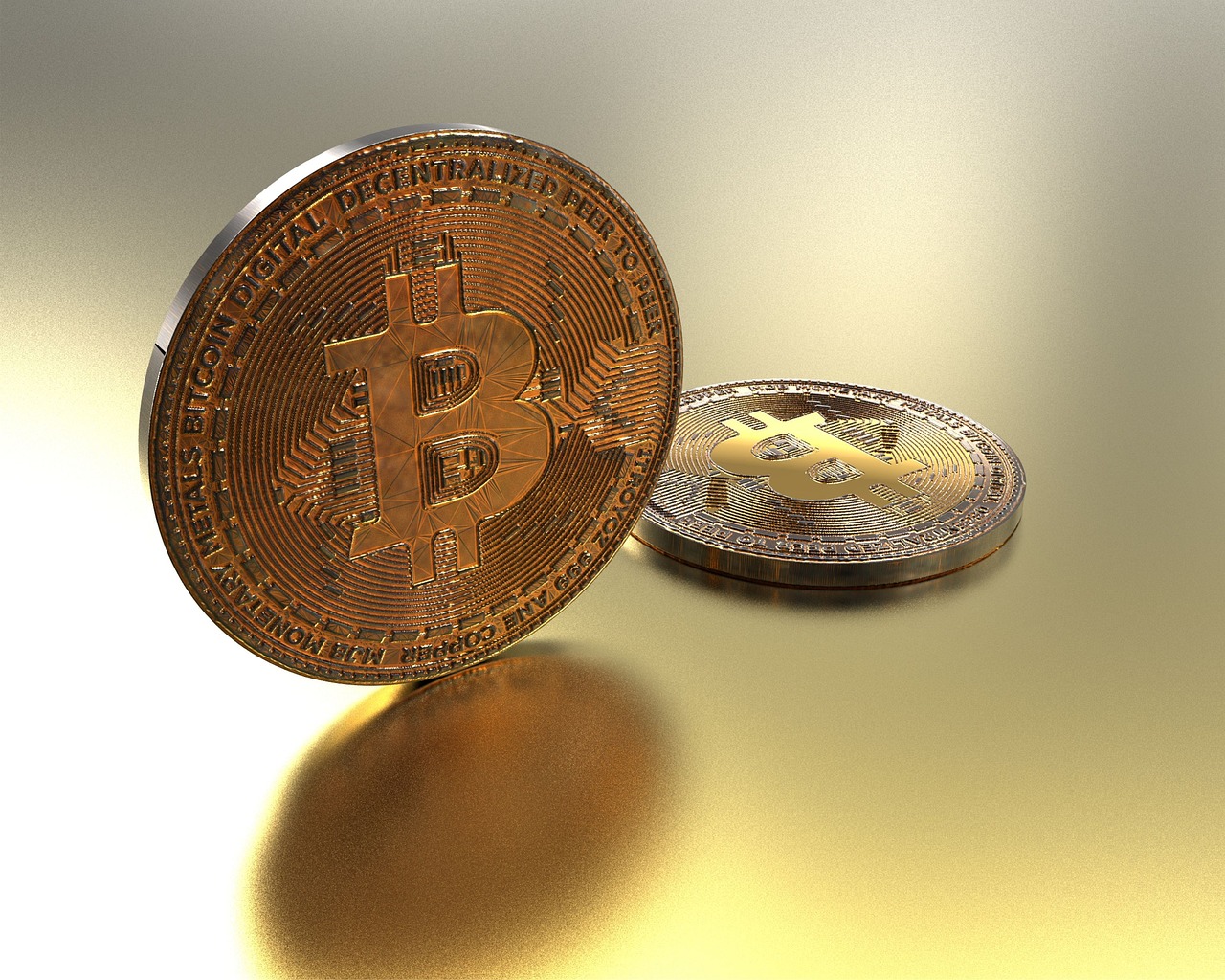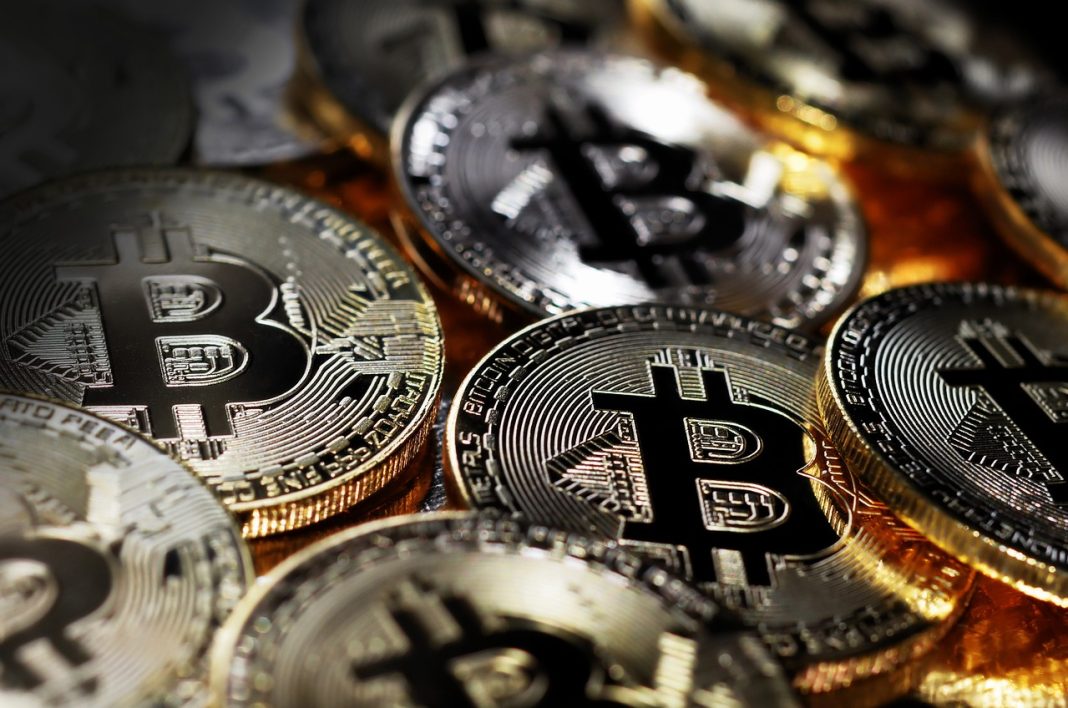Welcome to the digital frontier where gaming and cryptocurrency collide to create a new realm of interactive experiences. Bitcoin, the trailblazing digital currency, has found a place in the hearts and wallets of gamers across the globe. But what is Bitcoin, and why is it becoming a popular choice in the gaming industry? Let’s dive in and explore this modern-day gold rush in the virtual world.
Brief Explanation of Bitcoin and Its Relevance in the Gaming Industry
Bitcoin is a form of digital currency that operates independently of a central bank. It’s based on blockchain technology, which ensures secure, transparent transactions by recording them in a publicly accessible ledger. This has several implications for gaming. First, it enables direct peer-to-peer payments, bypassing traditional financial institutions. This means gamers can buy, sell, or trade within games without the usual restrictions or fees imposed by banks. Second, Bitcoin’s global nature allows players from different parts of the world to interact financially without worrying about exchange rates or international transaction fees. Lastly, the security features of Bitcoin can help reduce fraudulent activities, making it a reliable option for developers and players alike.
Overview of the Increasing Trend of Using Bitcoin in Gaming Platforms and for In-Game Purchases
The gaming industry is no stranger to evolution, and it’s now embracing the wave of cryptocurrency with open arms. The use of Bitcoin in gaming platforms and for in-game purchases is gaining momentum for several reasons. Players appreciate the anonymity and security of their transactions, while developers see the potential for reduced costs and access to a broader market. Notably, the integration of Bitcoin allows for seamless microtransactions, which is a big deal for free-to-play games relying on in-game purchases as a revenue model. Additionally, the allure of earning real-world value through Bitcoin rewards gives an extra incentive for players to engage more deeply with their favorite games.
As we progress through this blog post, we’ll delve deeper into the nuances of Bitcoin in the gaming world, from the benefits and challenges to real-world applications and user experiences. Keep an eye out for intriguing insights and reviews that could change the way you play and pay in the world of gaming.
Benefits of Using Bitcoin in Gaming
Considering the innovative strides Bitcoin has made, it’s no surprise that its integration into the gaming industry is being met with enthusiasm. This cryptocurrency offers several advantages over traditional payment methods, particularly in terms of transaction fees, privacy, and global accessibility. Let’s delve into these benefits and understand why Bitcoin is becoming a game-changer for gamers and developers alike.

Lower Transaction Fees Compared to Traditional Payment Methods
One of the most compelling reasons for using Bitcoin in gaming is the significantly lower transaction fees. Traditional online payment systems usually involve banks or credit card companies, which often charge fees that can eat into a gamer’s budget. Bitcoin, on the other hand, operates on a peer-to-peer network, cutting out the middlemen and thereby reducing associated costs. This reduction in fees allows gamers to make the most of their funds and developers to retain a larger share of their revenue.
Enhanced Privacy and Security for Transactions
Bitcoin transactions offer enhanced privacy and security — a welcome feature in an online world where personal data breaches are all too common. When using Bitcoin, players can enjoy games without the fear of exposing sensitive financial information. This level of anonymity makes it harder for fraudulent activities to occur, as there is no central repository of personal data to compromise. Furthermore, the blockchain technology underlying Bitcoin ensures that each transaction is encrypted and immutable, reducing the risk of chargebacks and disputes that plague other forms of online payments.
Global Accessibility and Inclusivity
The borderless nature of Bitcoin is a boon for gamers around the globe. It enables users from different countries to engage in gaming without worrying about currency exchange rates and conversion fees. This inclusivity not only broadens the market for game developers but also creates a more diverse and connected gaming community. Players can compete, collaborate, and transact regardless of their geographical location or local currency, helping to democratize the gaming experience across the globe.
As we’ve seen, Bitcoin’s lower transaction costs, heightened security measures, and worldwide reach present a trifecta of benefits that address some of the core challenges faced by gamers and game developers. These advantages set the stage for a more immersive and equitable gaming landscape, one where the focus is on play rather than payment pitfalls. With these points in mind, it’s clear that the future of gaming could be shaped significantly by the continued adoption of Bitcoin.
Risks and Challenges Associated with Bitcoin in Gaming
While Bitcoin’s integration into the gaming industry offers a myriad of benefits, it’s not without its risks and challenges. In this section, we’ll delve into some of the potential pitfalls that gamers and developers may encounter when dealing with Bitcoin in the gaming sphere.
Volatility of Bitcoin Prices and Potential Impact on In-Game Purchases
Bitcoin is renowned for its price volatility. This characteristic can be a double-edged sword for gamers. On one hand, the value of Bitcoin can skyrocket, providing a windfall for those holding it. On the other hand, a sudden price drop could mean that an in-game purchase worth $20 today might cost $10 or $30 tomorrow. Such unpredictability can make budgeting for games and in-game purchases quite challenging. For game developers, pricing items in Bitcoin requires constant attention and potentially frequent adjustments to align with market values, which could deter customers who prefer stable pricing.

Regulatory Uncertainties and Legal Considerations in Different Jurisdictions
Another pressing issue is the regulatory landscape, which varies greatly across different countries. While some regions have embraced cryptocurrencies, others have imposed strict regulations or outright bans. This poses a dilemma for both gamers and gaming companies. For instance, a gamer in a country with restrictive cryptocurrency laws might find themselves unable to legally use Bitcoin for gaming transactions. Similarly, gaming companies must navigate the complex web of international laws to ensure compliance, which can be costly and time-consuming. Additionally, regulatory changes can happen swiftly, potentially impacting the legality and viability of using Bitcoin in gaming almost overnight.
Security Concerns Related to Wallet Management and Potential for Hacking
Last but certainly not least are the security concerns. Bitcoin, like all digital currencies, requires a wallet for storage. Wallet management is crucial; if a player loses access to their wallet or their keys, they lose their Bitcoin. Furthermore, the decentralized nature of Bitcoin, while advantageous in many ways, also means there’s no central authority to appeal to in case of theft or fraud. The potential for hacking remains a significant threat, as hackers continuously devise new methods to breach wallets and steal funds. Gamers and gaming platforms must prioritize robust security measures to protect against such attacks, which could include multi-factor authentication and cold storage options for larger amounts of Bitcoin.
Reviews of Games Utilizing Bitcoin
The landscape of digital gaming is shifting sands, with Bitcoin carving out its niche among the pixels and polygons. Players are increasingly finding value in games that allow them to use Bitcoin for purchases or to earn rewards. Let’s delve into some examples of these games and how they’ve fared in the ever-evolving gaming arena.
Analysis of Specific Games That Have Integrated Bitcoin
Take ‘Spells of Genesis’ for instance, a mobile game that combines trading card gameplay with arcade-style gaming elements. It was one of the first to adopt Bitcoin, and it uses blockchain technology to enable players to trade and sell their in-game cards with ease. Each card is a digital asset, and players can truly own it thanks to the integration of Bitcoin.
Another example is ‘Lightning’, a battle-royale game that rewards players with small Bitcoin payouts for shooting opponents and collects Bitcoin from them when hit. This real-time Bitcoin earning potential has created a buzz among gamers who are looking to earn while they play.
User Experience and Feedback on the Integration of Bitcoin Within the Gaming Environment
Gamers’ reviews often highlight the thrill of earning real value through Bitcoin while engaging in their favorite pastime. Many appreciate the direct ownership of in-game assets and the ease of trading them. However, not all feedback is glowing; some users express frustration over the learning curve associated with managing Bitcoin and the additional steps needed to secure their earnings.
Forums and social media platforms are abuzz with discussions about these Bitcoin-enabled games. A common sentiment among seasoned gamers is the appreciation for innovation and the fresh breath of air Bitcoin brings into the gaming ecosystem. Newcomers to Bitcoin, however, sometimes struggle with the concept of digital wallets and blockchain technology, indicating a need for better educational resources within these games.
Comparison of Bitcoin-Enabled Games with Traditional Payment Options in Terms of User Engagement and Satisfaction
The contrast between traditional payment methods and Bitcoin in gaming boils down to convenience versus novelty. Traditional payment options like credit cards and PayPal are familiar and straightforward, but Bitcoin transactions can offer lower fees and provide an added layer of security and privacy. This can lead to higher engagement from a subset of players who value these features.
Engagement metrics for Bitcoin-enabled games tend to show a dedicated yet smaller community when compared to mainstream titles. Satisfaction often hinges on market conditions, with players expressing greater enthusiasm during times when the value of Bitcoin is high. On the flip side, a dip in Bitcoin’s value can lead to a corresponding drop in player satisfaction due to the decreased value of their in-game earnings.
In essence, while Bitcoin may attract a passionate group of gamers, it hasn’t yet reached the ubiquity of traditional payment methods in terms of overall user satisfaction and engagement. As the industry matures, it will be fascinating to watch this dynamic evolve.
Reviews of Platforms Accepting Bitcoin for Gaming
In the digital age where cryptocurrency is rapidly becoming a staple in online transactions, gaming platforms are not left behind. As we delve deeper into this modern trend, let’s evaluate various gaming platforms that have embraced Bitcoin as a means of payment for game purchases, subscriptions, or other transactions.
Evaluation of Gaming Platforms That Accept Bitcoin
The number of gaming platforms accepting Bitcoin is on the rise, offering gamers an alternative to traditional payment methods. Platforms such as Steam had briefly allowed Bitcoin transactions, only to stop due to its volatility. However, others like Microsoft Xbox store continue to support it. These platforms must provide stability in a landscape where price fluctuations could otherwise affect purchasing power. When evaluating these platforms, we consider factors like ease of transaction, the seamlessness of adding funds to wallets, and the availability of games and services that can be purchased with Bitcoin.
Comparison of Platform Features
How does transacting with Bitcoin on these platforms stack up against using fiat currencies? The speed of transactions can vary, with Bitcoin sometimes lagging behind conventional methods due to network congestion and the time it takes to confirm transactions. Still, several platforms have optimized their systems to ensure faster processing times. In terms of security, the cryptographic nature of Bitcoin ensures robust protection against fraud, but users must diligently secure their wallet keys. Additionally, some platforms incentivize the use of Bitcoin by offering exclusive discounts or rewards, potentially tipping the scales for users considering which payment method to use.
Examination of User Experiences and Feedback
- Gamer testimonials often mention the added sense of security and privacy that comes with using Bitcoin, as personal financial information isn’t shared during transactions.
- However, some express concerns over the cryptocurrency’s volatility, which can significantly affect the cost of games over short periods.
- Feedback also focuses on the need for user education, as newcomers to Bitcoin may find the concept of digital wallets and cryptocurrency daunting.
- Positive reviews frequently highlight the borderless nature of Bitcoin, making it easier for players from different parts of the world to engage in gaming without worrying about currency conversion fees.
As we’ve seen, integrating Bitcoin into gaming platforms offers a blend of innovation and challenge. Gamers enjoy the perks of lower transaction fees and enhanced privacy, but they must also navigate the complexities of cryptocurrency. The platforms that will lead the way are those that manage to balance the benefits of Bitcoin with a user-friendly interface that caters to both seasoned crypto-enthusiasts and beginners.

Conclusion and Future Outlook
As we wrap up our exploration into the dynamic interplay between Bitcoin and gaming, it’s essential to reflect on the journey thus far. We’ve navigated through a landscape where the digital currency has carved a niche for itself, allowing gamers to experience newfound conveniences and freedoms. Yet, it’s a terrain not without its pitfalls and peaks of unpredictability. In this final section, we’ll encapsulate the dualistic nature of Bitcoin’s role in gaming and cast our eyes forward to what the future may hold for this intriguing fusion.
Summary of the Benefits and Challenges
One cannot overlook the allure of lower transaction fees and the promise of enhanced privacy that Bitcoin brings to the virtual playgrounds of gaming. The universality of this cryptocurrency has opened doors worldwide, uniting players across borders without the shackles of currency conversion. However, these strides in financial innovation are accompanied by the shadow of Bitcoin’s volatility, which looms over in-game economies. Furthermore, the legal labyrinth of varying regulations across regions adds layers of complexity for both developers and players alike. And while Bitcoin transactions bolster security, the specters of wallet management and hacking risks are ever-present concerns that must be vigilantly addressed.
Potential Future Developments and Trends
Peering into the crystal ball, one can envisage a gaming industry that continues to evolve hand-in-hand with cryptocurrency technology. With advancements such as the Lightning Network poised to enhance Bitcoin’s scalability, the day might not be far when instantaneous microtransactions become the norm in gaming. Non-fungible tokens (NFTs) and decentralized finance (DeFi) elements could also weave themselves into the fabric of gaming, offering players unprecedented ways to own and monetize in-game assets. As blockchain technology matures, we might witness more sophisticated integration, making Bitcoin transactions as seamless and intuitive as traditional payment methods, if not more so.
Exploring Bitcoin-Enabled Gaming Options
For the avid gamer and the crypto-curious alike, the current gaming landscape presents a treasure trove of opportunities waiting to be unlocked. From indie games that reward players in Bitcoin to major platforms enabling cryptocurrency transactions, there’s a whole spectrum to explore. Diving into this realm requires not just an adventurous spirit but also a commitment to staying informed. The fast-paced world of crypto and gaming waits for no one, and the key to harnessing its full potential lies in education and awareness.
So, whether you’re a developer looking to integrate Bitcoin into your next project, or a player keen to capitalize on the benefits of cryptocurrency within your favorite virtual worlds, the invitation stands open. Arm yourself with knowledge, keep abreast of the latest trends, and join the vanguard of this digital revolution. Who knows? You might just be part of the next groundbreaking development at the intersection of Bitcoinand gaming.


